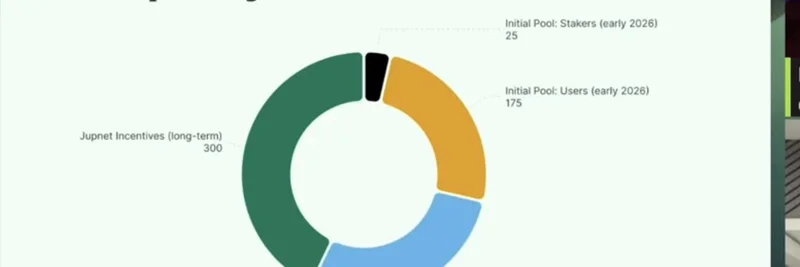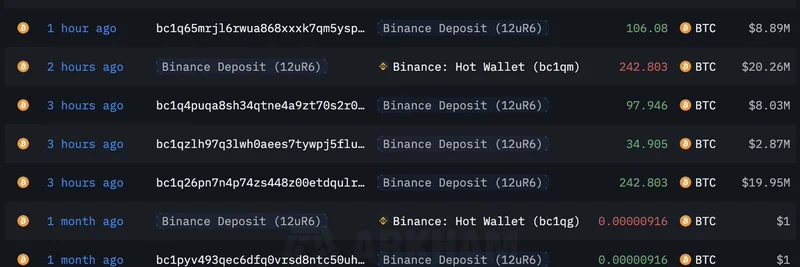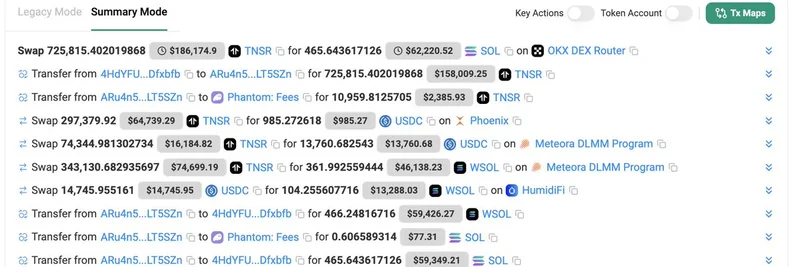If you're active in the Solana ecosystem, you've likely heard the buzz around Jupiter Exchange's latest move. The popular decentralized exchange aggregator just revealed a significant tweak to its token distribution plans, slashing the 2026 airdrop allocation to just 200 million $JUP tokens out of the 700 million originally greenlit by its DAO. This news, shared via SolanaFloor's tweet, has sparked discussions among traders, stakers, and meme token fans alike.
For those new to the scene, Jupiter Exchange is a powerhouse on Solana, helping users find the best swap routes across various DEXs. Its native token, $JUP, plays a key role in governance and incentives. Airdrops, essentially free token distributions to eligible users, are a common way projects like this reward community participation and boost engagement.
Breaking Down the Announcement
The core of the update is straightforward: only 200 million $JUP will go toward the 2026 airdrop. This is a big cut from the 700 million approved earlier by the Jupiter DAO—a decentralized autonomous organization where token holders vote on proposals. Eligibility is now restricted to "fee-paying users," meaning you'll need to have actively used the platform and paid transaction fees to qualify. The snapshot, which captures user data for distribution, is set for January 30, 2026.
To visualize the broader allocation, check out this pie chart from the announcement:
It breaks down the tentative plans: 300 million for long-term Jupnet incentives, 25 million for an initial staker pool in early 2026, 175 million for a user pool also in early 2026, and 200 million for a bonus pool in January 2027. Note that these are subject to change, but the 2026 airdrop is now capped at that 200 million slice aimed at active participants.
Why the Change and What It Means
This decision seems geared toward sustainable tokenomics—fancy talk for managing a token's supply and demand to keep its value stable over time. By limiting the airdrop and focusing on fee-paying users, Jupiter is prioritizing real engagement over broad giveaways. It could discourage farming (where users game the system for rewards) and reward those genuinely contributing to the platform's liquidity and activity.
For Solana users, especially those dabbling in meme tokens, this is noteworthy. Jupiter is a go-to for swapping volatile memes like those on Pump.fun or Raydium. If you're swapping frequently, you're likely racking up fees, which could position you well for the airdrop. But if you're more of a passive holder, you might miss out unless you ramp up activity before the snapshot.
Community reactions are mixed. Some praise it as a smart move for long-term health, while others, like stakers, feel shortchanged. One reply highlighted concerns over the ratio for stakers, arguing they deserve more. Another pointed to technical issues with recent updates, urging better testing.
How to Prepare for the Snapshot
If you're eyeing that $JUP drop, start by using Jupiter for your trades. Focus on paying fees through swaps, limit orders, or other features—avoid zero-fee routes if they exist. Track your activity via tools like Step Finance, which powers SolanaFloor and offers portfolio insights.
Keep an eye on Jupiter's official channels and DAO discussions for any updates. With the snapshot just over two months away (as of November 2025), now's the time to get involved.
This shift underscores the evolving nature of DeFi on Solana, where meme tokens thrive amid rapid innovation. At Meme Insider, we're all about keeping you ahead in this space—whether it's the next viral meme or ecosystem updates like this. Stay tuned for more insights to level up your blockchain game.




